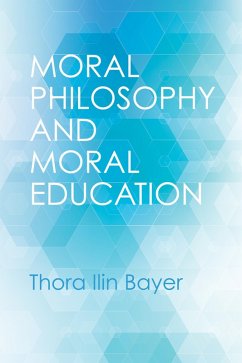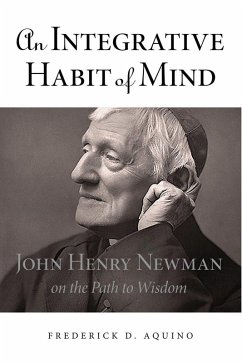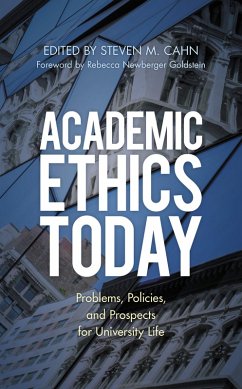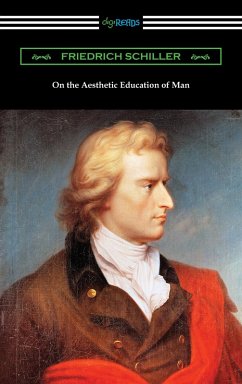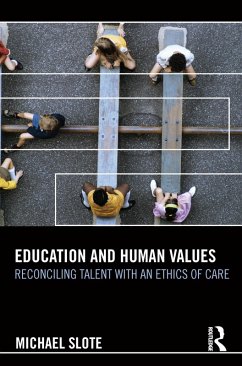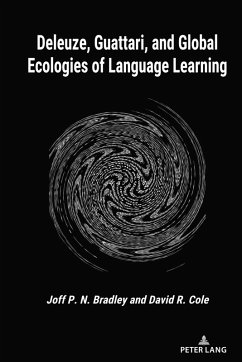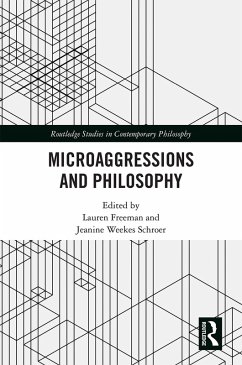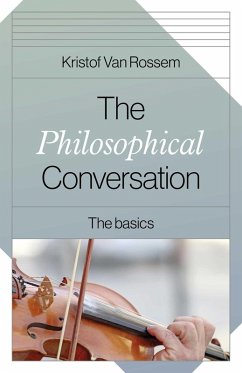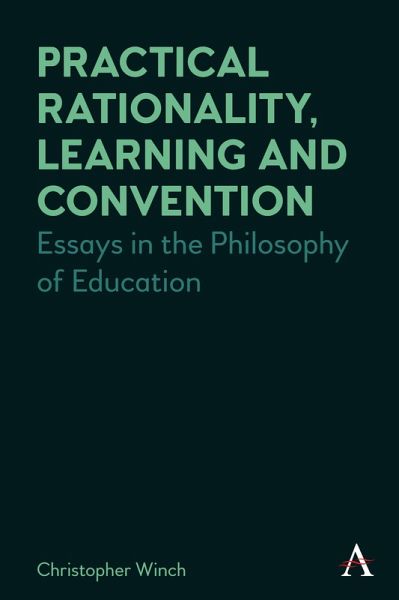
Practical Rationality, Learning and Convention (eBook, ePUB)
Essays in the Philosophy of Education
Versandkostenfrei!
Sofort per Download lieferbar
30,95 €
inkl. MwSt.
Weitere Ausgaben:

PAYBACK Punkte
15 °P sammeln!
The proposed volume covers Christopher Winch's work over a period of 37 years and illustrates four interconnected themes that have informed his thinking over that period. Writing from a Wittgensteinian perspective, Winch is primarily interested in applying Wittgenstein's general approach to philosophising to educational problems and puzzles of a variety of different kinds. Throughout the collection there is an emphasis on the complexity and subtlety of many of the philosophical problems associated with education, the importance of appreciating differences and the contestability of many educati...
The proposed volume covers Christopher Winch's work over a period of 37 years and illustrates four interconnected themes that have informed his thinking over that period. Writing from a Wittgensteinian perspective, Winch is primarily interested in applying Wittgenstein's general approach to philosophising to educational problems and puzzles of a variety of different kinds. Throughout the collection there is an emphasis on the complexity and subtlety of many of the philosophical problems associated with education, the importance of appreciating differences and the contestability of many educational judgements. Thus the volume starts with a section on rationality and argument and a discussion of some of the perplexities about the nature of literacy and whether it represents a cognitive 'leap forward' for the human race or whether it is more of an enabling technology. It is followed, in a reply to David Cooper, by an article that emphasises the importance of charitable interpretation in understanding reasoning and looks at some of the difficulties involved in understanding reasoning in informal contexts.
Winch's interest in rule-following and concept formation is the theme of the next few articles. Winch has long been interested in philosophical aspects of professional action and judgement. The third section of this book focuses on that preoccupation. Gilbert Ryle's ideas as well as Wittgenstein's have been a significant influence on this. This section closes with a discussion of the sense we can make of the claim that theoretical knowledge can inform agency in professional contexts. The fourth section gathers together seven papers on learning and training that Winch has published over the last 25 years. The overarching theme of this section is the highly variegated nature of the phenomena of learning and the difficulty of constructing a 'grand theory' of learning.
Winch's interest in rule-following and concept formation is the theme of the next few articles. Winch has long been interested in philosophical aspects of professional action and judgement. The third section of this book focuses on that preoccupation. Gilbert Ryle's ideas as well as Wittgenstein's have been a significant influence on this. This section closes with a discussion of the sense we can make of the claim that theoretical knowledge can inform agency in professional contexts. The fourth section gathers together seven papers on learning and training that Winch has published over the last 25 years. The overarching theme of this section is the highly variegated nature of the phenomena of learning and the difficulty of constructing a 'grand theory' of learning.
Dieser Download kann aus rechtlichen Gründen nur mit Rechnungsadresse in A, D ausgeliefert werden.





